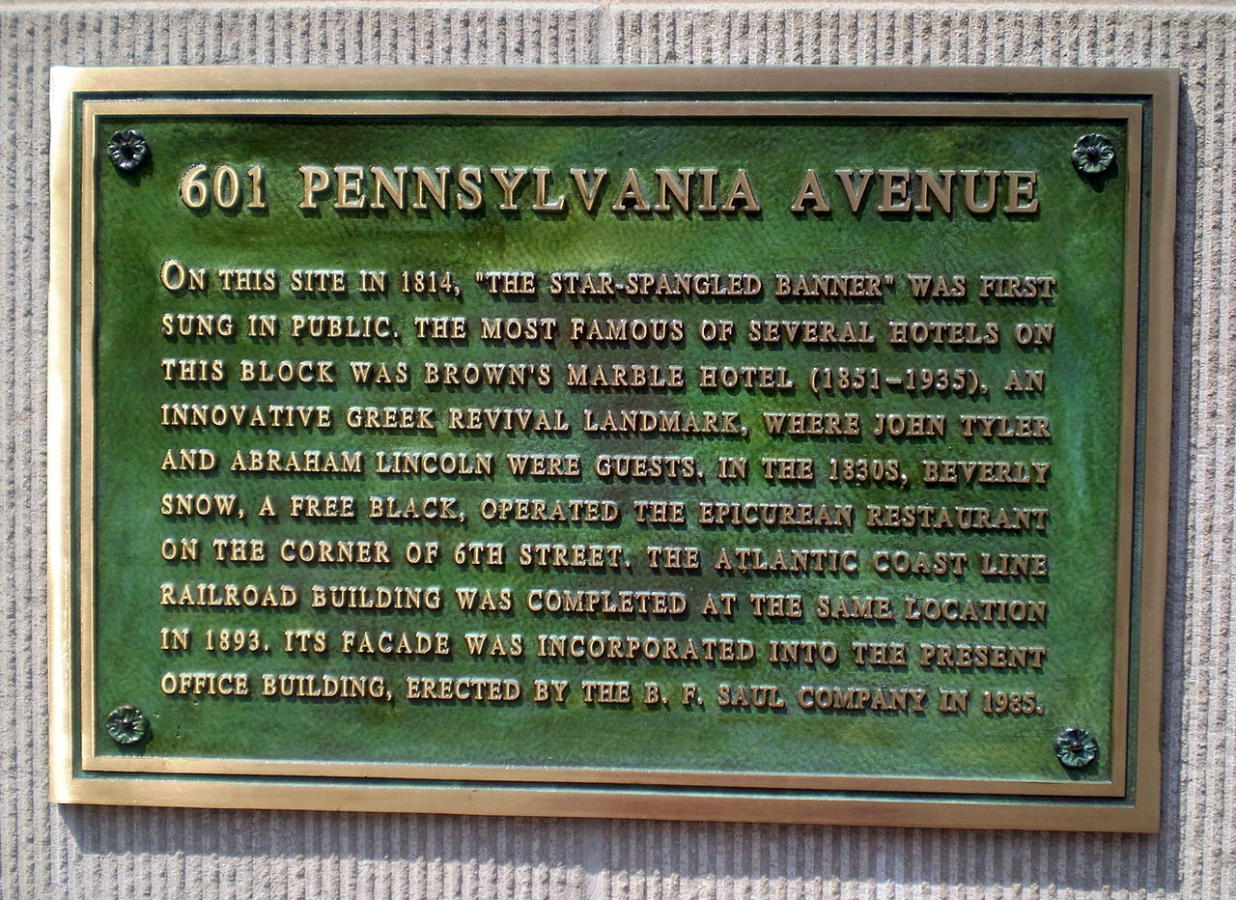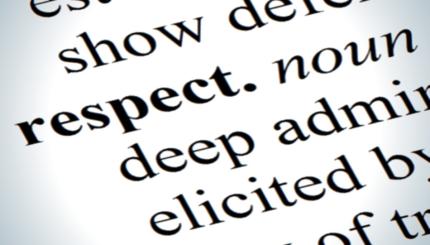This moment in national life, and this moment in the Jewish spiritual calendar, both ask deep and real bravery. What’s more, they impel us to ask ourselves and each other a few direct questions: Are we brave? Are we the “Home of the Brave”? What does bravery mean for us now?
Francis Scott Key, whose 1814 poem “Defence of Fort M’Henry” became the U.S. National Anthem, asked this question as a question: “O! say, does that star-spangled banner yet wave. O’er the land of the free, and the home of the brave?” Often we sing Key’s question as a statement – a proud, and self-congratulatory affirmation of who we like to think we are.
But Key didn’t state: he asked. The U.S. National Anthem doesn’t state: it asks. And Jewish spiritual life also doesn’t state: it asks. Their questions are open – poking and challenging, inherently unsatisfied with any simple or cursory response.
This kind of questioning is everything. Rabbi Gil Steinlauf, in his recent farewell talk as senior rabbi of Adas Israel in Washington, D.C., rightly urged his community to “question everything” – to not rest on laurels, to not let innovation or renewal become calcified, and thus, brittle.
As we approach the Fourth of July, Key’s question remains – well, key. To unthinkingly assume and proclaim that the U.S. remains the “Land of the Free and the Home of the Brave,” without open introspection, risks the very opposite. Genuine American patriotism must root not in a proud public piety, but in deep courage to ask tough questions and seek real answers boldly.
As in national life, so too in spiritual life. This year (2018), Fourth of July week begins with 17 Tammuz (July 1), a prelude to the High Holy Day season. Historically, 17 Tammuz commemorates the Roman breach of Jerusalem’s outer city walls in 69 C.E., en route to destroying the Temple. Tradition dates 17 Tammuz as the day Moses shattered the first tablets over the Golden Calf (Taanit 4:6). Spiritually, 17 Tammuz begins the Three Weeks of introspection before Tisha b’Av and the seven-week runway to Rosh Hashanah.
Both nationally and spiritually, this moment knocks on our outer walls. The knock portends that things can’t, shouldn’t and won’t remain as they’ve been. If we listen carefully, the knock tells us that who we are and what we hold most dear – symbolically, the Temple of our mind and heart – all are up for grabs. How will we answer this knock?
Answering this knock for real asks real bravery. It demands courage to call the knock what it really is. It prods us to ask ourselves and each other tough questions. It asks intrepid resilience to not rest on simple or cursory responses and to pulverize the Golden Calves that pose as false idols of our truest, and highest national and spiritual ideals.
Are we really the “Land of the Free and the Home of the Brave”? That depends on how deeply we ask, how fully we open to answers that may discomfort us, and how far we’re willing to go to act on our answers. Such was Francis Scott Key’s challenge in 1814, and it’s our challenge – and our duty – right now.




